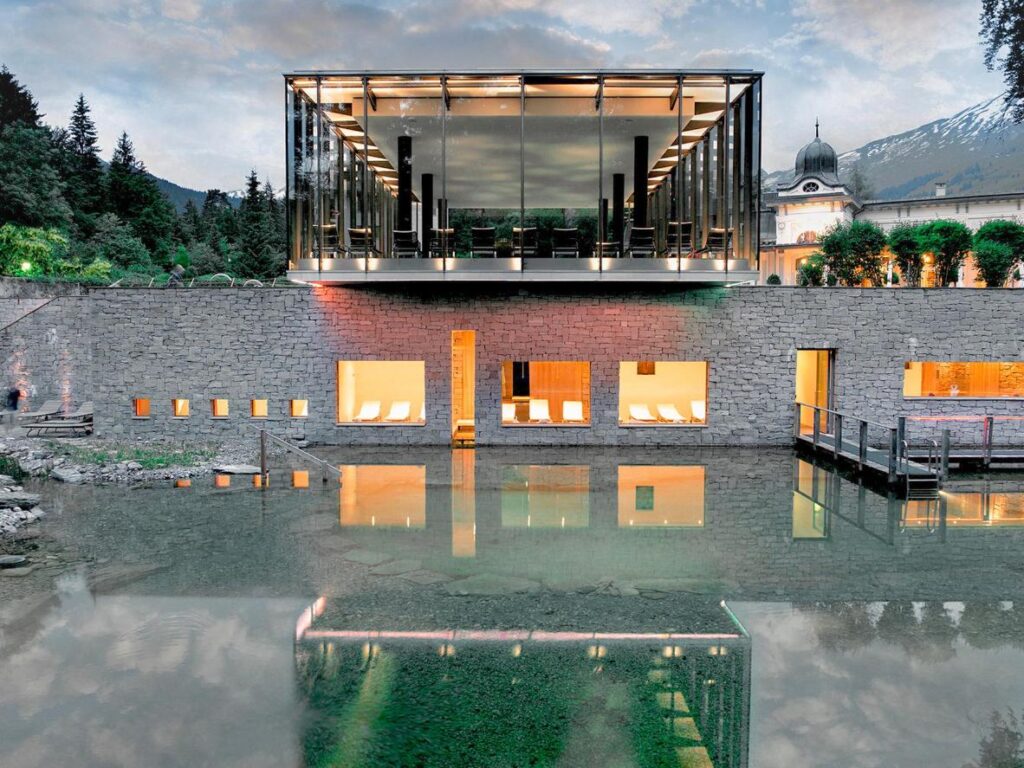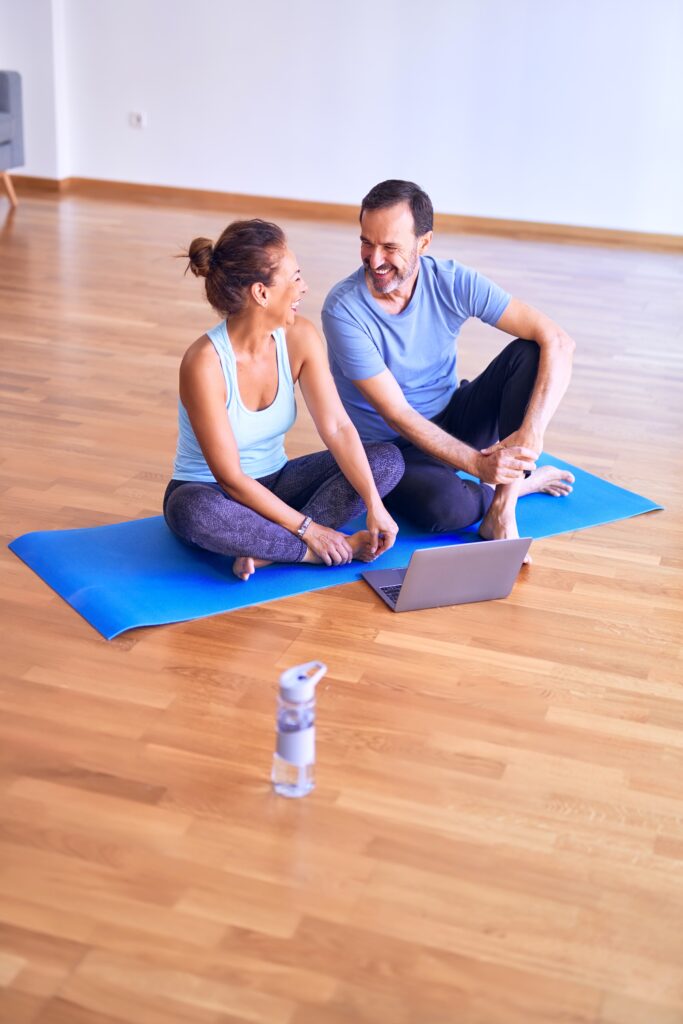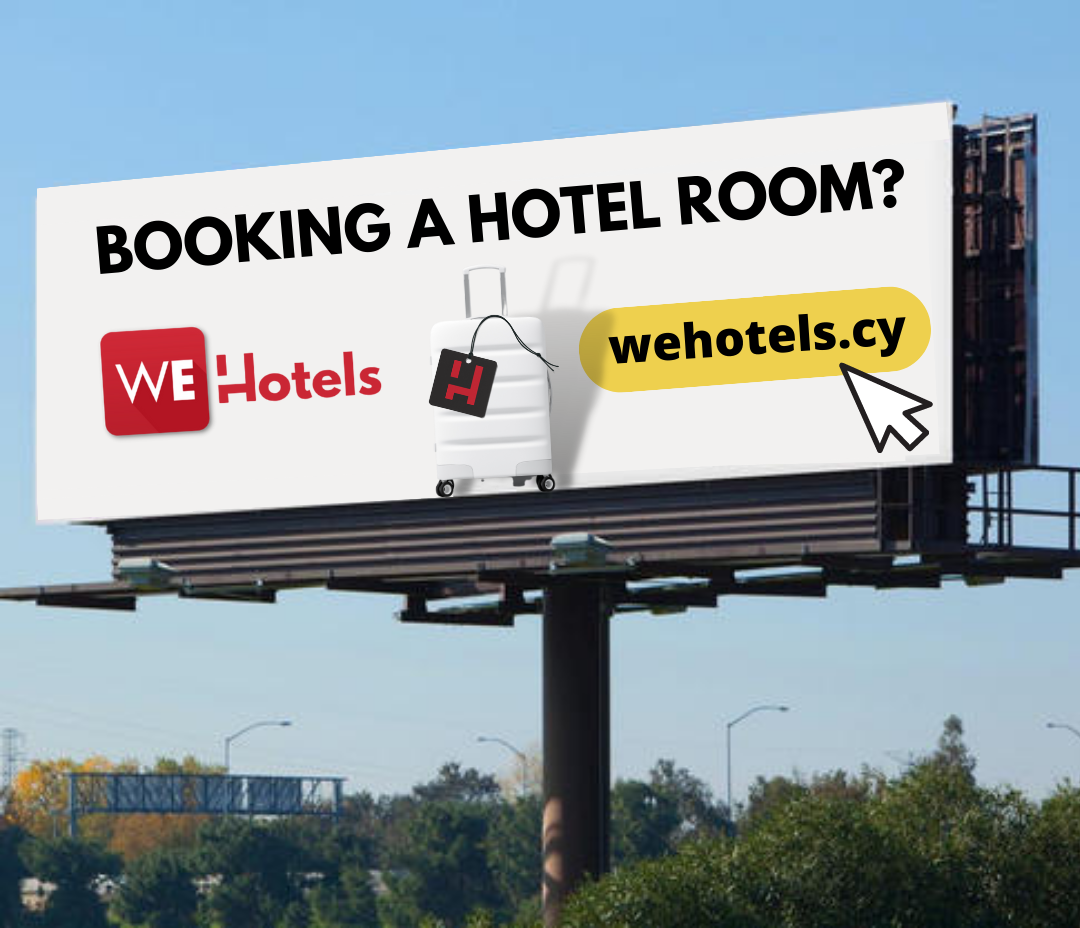From one-off themed weekend-escapes to recurring retreats, wellness retreats are inspiring a better type of hospitality that invests in better accommodation, more informed visitors and a better holiday quality. Enter wellness tourism.
So, what exactly is wellness tourism? To start with, wellness tourism is not medical tourism. The Global Wellness Institute defines wellness tourism as travel associated with the pursuit of maintaining or enhancing one’s personal wellbeing. With so much unwellness embedded in today’s travel, wellness tourism brings the promise of combating those negative qualities and turning travel into an opportunity to maintain and improve our holistic health.
The move away from generic advice and template-based holidays is a tourism trend for 2022. In the post-covid world, where physical and mental health has come under immense strain, consumers are seeking personalised experiences where they can make up on the lost time through reinvigoration, redefinition and reinvention. Enter wellness tourism.
Wellness tourism is also directly linked to the sustainability trend in hospitality. Sustainable wellness travel has the components of wellness tourism (healthy food, exercise, and relaxation) but also benefits the environment by promoting an eco-friendly approach by reusing resources, recycling, and regeneration.
Wellness travel for entrepreneurs
Wellness travel for entrepreneurs is a huge trend for 2022. Hotels seek to integrate wellness programmes for entrepreneurs who might also stay at a destination for work purposes. These entrepreneurs enjoy the benefits of hitting the spa before putting in a day of Zoom calls or mid-day meditation during their breaks. You can’t really separate business from pleasure for the active on-the-go business person and hotels are re-inventing their offering to please their customers on both ends.

Wellness tourism brings benefits to businesses and stakeholders beyond the wellness sectors.
The wellness tourism economy is much larger than the narrow definition of wellness retreats and its subsidiaries, such as spas, wellness retreats, thermal/mineral springs and boot camps. Wellness travelers are looking to continue their wellness lifestyle during travel, and this lifestyle may encompass healthy eating, exercise/fitness routines, mind-body practices, nature experiences, connections with local people and culture. This secondary economy creates opportunities for businesses such as fitness centers, healthy food stores/markets, events, arts and crafts, museums but also for parallel sectors to thrive through new business such as consultants, advertisers and investors.





